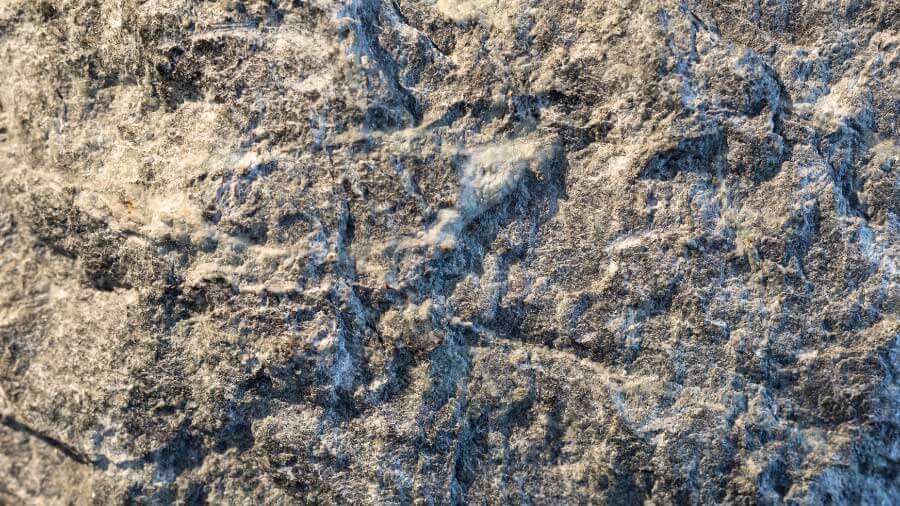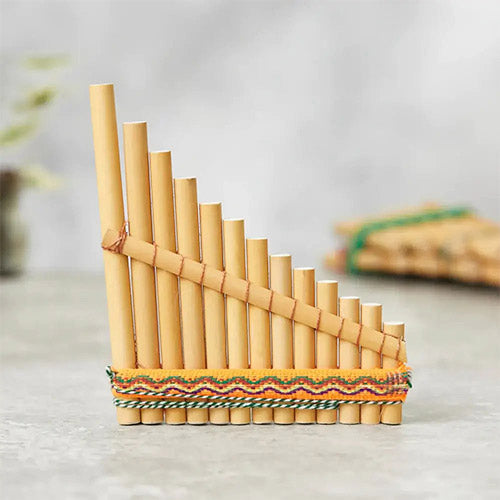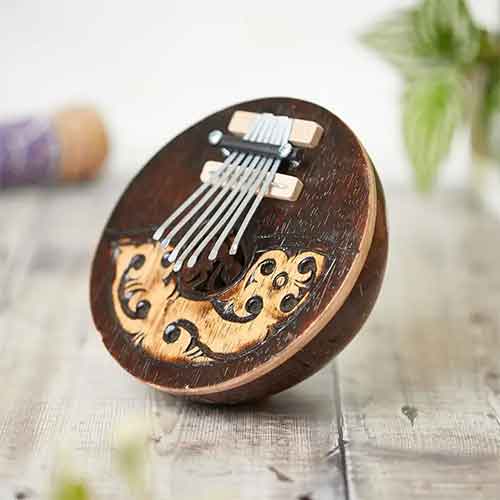Soapstone is found in lots of places, a large amount of architectural grade soapstones comes from Brazil, China and India. it is also found in other parts of the world and most of it is exported to Europe. The production in Canada started in 1871, it is a metamorphic rock.
Some soapstone contains a hard, unreactive, colourless compound known as silica which can cause silicosis when inhaled. Silicosis is lung fibrosis caused by the inhalation of dust containing silica, According to the NHS - Once Silica is inside the lungs, the dust particles are attacked by the immune system. This causes swelling (inflammation) and gradually leads to areas of hardened and scarred lung tissue (fibrosis).
Lung tissue that's scarred in this way doesn't function properly. It is a condition that can get worse, Silicosis can also increase your risk of getting other serious and potentially life-threatening conditions. The people that are at risk of developing this condition are the creators that carve the material, however, as long as they use the right safety precautions there is no problem.
It is not as serious a hazard as asbestos. Granite, for instance, contains a lot of silica, but it may be carved safely if proper precautions are followed. Soapstone is also known as steatite (Talc rock) - It is still used for talcum body powder today. All sorts of products are made from soapstone from kitchen worktops, oil burners, flooring tiles, sinks. Carving soapstone can be harmful to health, so it is recommended to leave it to the professional who knows what they are doing, that have had the correct safety training in dealing with this material properly.
Talc powder is a product that is sold in supermarkets and is used as a baby powder. It is marketed towards being good for babies soft sensitive skin. As a powder for babies, talc can cause harm to baby if inhaled. Inhalation can trigger chest pain, difficulty in breathing and in rare cases can be fatal. Researchers found that particles of talc deeply embedded into the tissue of the ovarian tissue leading to cervical cancer tumours for women who had used talc powder near their genitals.
In recent years, a company called Corinne Taylor has made a talc free body powder alternative that gives the same soft feel of talc but without the dangers. Instead, it uses a formulation of corn starch, natural bentonite clay, and organic essential oils. The product won the free from bronze skincare award in 2019 and can be used as a body powder, light deodorant or as a dry shampoo.
Soapstone (Frequently asked questions)
What is soapstone good for?
Soapstone is valued for its heat retention, making it ideal for stoves, countertops, and other heat-resistant applications.
Why is soapstone so expensive?
Soapstone's relatively high cost is due to its limited availability, difficult extraction, and craftsmanship needed for shaping it into various products.
What is the downside of soapstone?
A potential downside of soapstone is its susceptibility to scratches and dents, requiring regular maintenance.
Why is soapstone special?
Soapstone is special due to its natural heat resistance, non-porous nature, and the unique veining and colour variations found in each piece.
What is the price of soapstone?
The price of soapstone varies widely based on factors like quality, size, thickness, and the specific application, ranging from £50 to £90 per square foot for countertops, for instance.
Up next: Eco Friendly Toilet Bombs













1 comment
Anand Talc
Anand Talc Ltd is the leading manufacturer and supplier of talc and other pulverized minerals for paper, paint, cosmetics, pharmaceutical and other industries. Since its inception more than 35 years ago, the company has established itself as one of the largest producers of anhydrous talcum in India. We are also on the forefront of introducing new products like crushed magnesium carbonate (MgCO3) to our customers.